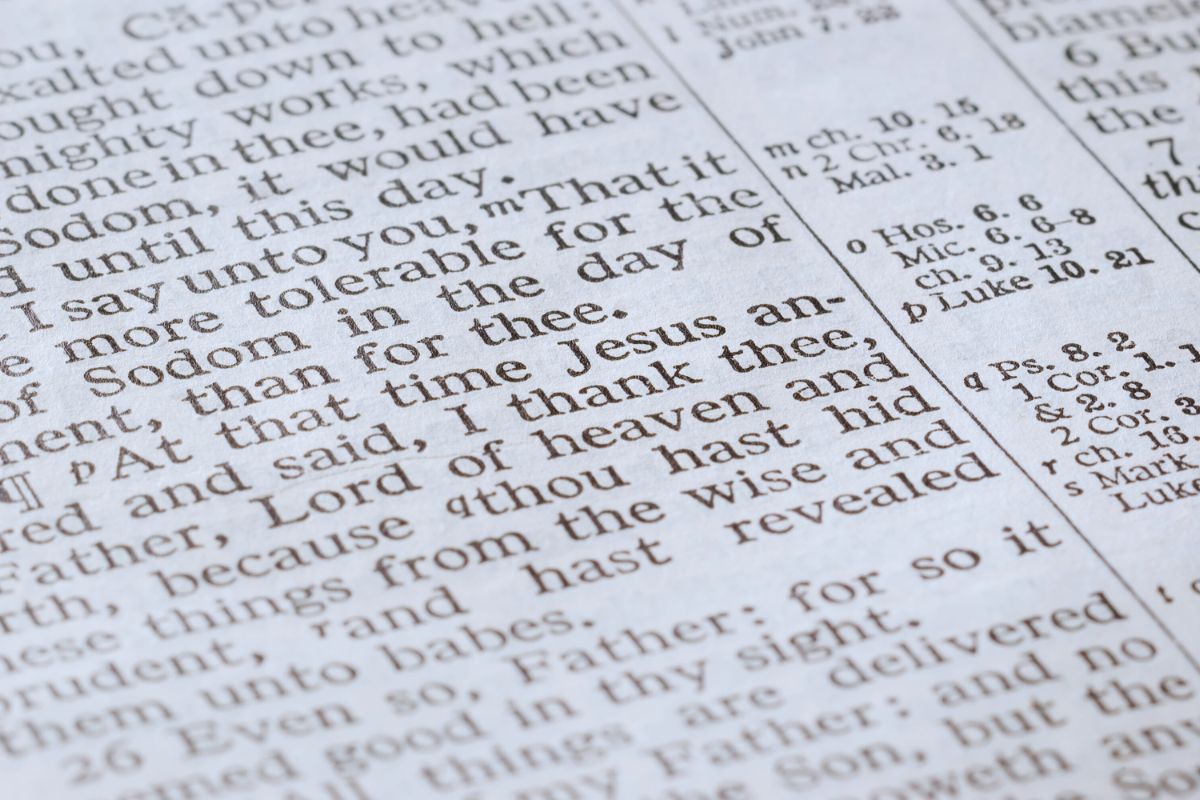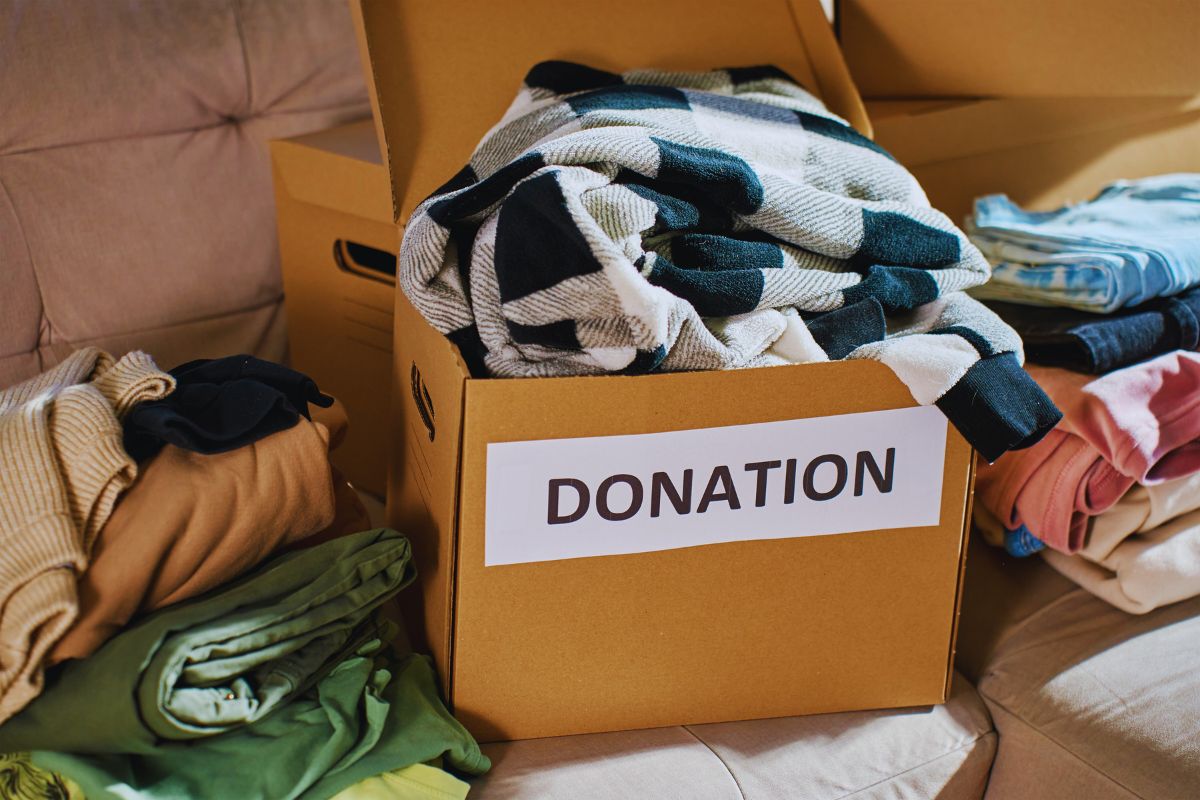How Much Of Your Money Should Go To Charity?

Published July 22, 2020
Giving back to the community is a selfless act that not only benefits the disadvantaged but gives an unquantifiable amount of joy to the giver as well.
But for most people, giving to charity occurs mainly as an afterthought. Meaning, they only give when they feel like it or if they have the extra funds.
While there is no standard amount for charity, it’s still better if you can give on a regular basis. To do this, you must plan for it and include it in your budget.
So how much of your money should go to charity?
Strictly speaking, it all depends on you. You know how much you earn and how much you spend. Surely there’s room for charity somewhere in between. You don’t have to donate more than you can afford. Any amount can make a difference. As they say, it’s the thought that counts.
If you’re still not sure, you can always use the 50/30/20 budget rule.
What is the 50/30/20 Budget Rule?
Popularized by Senator Elizabeth Warren, the 50/30/20 budget rule provides a simple guide on how to divide your after-tax income.
Under this budgeting method, 50% should go to needs, 30% to wants, and the remaining 20% to savings.
Needs include the basic things you need to live such as:
- food
- rent
- utilities
- clothing
- transportation
Mortgage payments, car amortizations, credit card payments, and student loan payments also fall into this category.

While “wants” refer to lifestyle choices. This includes eating out, vacation, entertainment, gym fees, hobbies, and even cable packages. These are things you can live without but you spend on it because you can afford to.
Savings, on the other hand, refer to long-term investments and extra payments to debts (if any). It does not include short-term savings that are geared for a specific purpose, like a vacation or a new phone. That belongs to the “wants” category.
So which category does charity giving fall into?
Well, you can live without donating to charity. So, clearly, it doesn’t count as a need. You can’t consider it as a long-term savings either. This only leaves the “wants” category.
We’re not saying that you allocate 30% of your income to charity (though it’s not a bad idea). You can just squeeze it into your budget by giving up some of your lifestyle expenses.
For example, instead of eating out once a week, you can trim it down to just once a month. Or instead of splurging out on an expensive trip to Europe, you can just visit local tourist destinations. Use the money you saved and give it to charity.
Besides, giving is much more meaningful if you sacrificed for it. If forgoing simple luxuries can help feed a needy family for a day or a week, then it’s more than worth the inconvenience.
How Often Should You Give To Charity?
Again, giving to charity is a personal choice. There is no law that requires you to donate to the poor. That means that how often you make a donation depends entirely on your generosity.
But a “generous donation” may differ for each person. For the average worker, making a $100 donation per month is already generous. It can mean not having to eat out or going to the movies. Meaning, they’re making a sacrifice to be able to make a donation.
While for billionaires, a generous amount can be in the seven figures. Take J.K. Rowling for example. She lost her billionaire status after donating about $160 million to charitable organizations. It may not be that much for her but it still made a significant dent in her bank account.
If you really want to make a generous donation, give as much and as often as you can. Take note: as you can. You don’t have to skip paying your bills or skip a meal just to give to charity. Besides, the bible says that God loves a cheerful giver. So as long as you give out of goodwill and not just because you want to look good, any amount is generous.
Donate To The Poor & Homeless Of South Florida
Our Father’s House Soup Kitchen has fed the poor and homeless in South Florida over 900,000 hot meals since 1993. Our tax deductible non profit organization also accepts and distributes donations such as clothing, toiletries, shoes, bicycles, and more. You can donate to help the poor and homeless through our website.

Reviewed For Factual Accuracy
Our team meticulously fact-checks all website content before publishing. Discover more about our website’s editorial standard here and the dedication we uphold.

About The Author
Judy Ponio is a professional writer and devoted Christian. She has a passion for writing about topics related to morality and helping the poor and homeless. She is the lead author for the Our Father’s House Soup Kitchen blog.
Correct Digital, Inc is paid by private donors to provide website digital marketing services to this non-profit organization.





